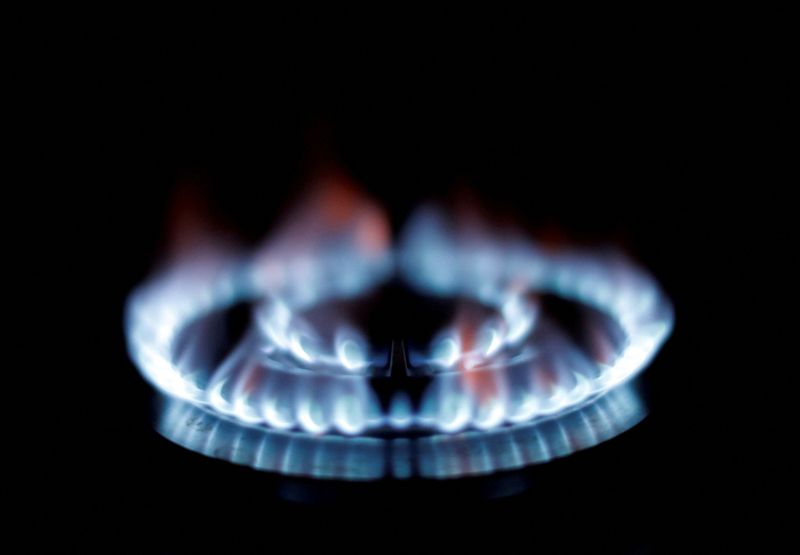LONDON (Reuters) - The number of households in England spending at least 10% of their budget on energy bills, a share deemed to represent "fuel stress", will double on Friday to 5 million and will escalate further, a think tank showed.
From this month, the cap on the most widely used tariffs imposed by Britain's energy regulator are rising by 54%, meaning energy bills for some 22 million customers will go up by hundreds of pounds a year.
The cap is set to rise again in October, which could push an additional 2.5 million households into fuel stress, the Resolution Foundation, a think tank that focuses on living standards, warned in a report.
Finance minister Rishi Sunak was widely criticised last week for not doing enough in a budget update to help the poorest households through the most severe hit to living standards since at least the 1950s.
The Resolution Foundation said the poorest fifth of households would spend more than twice the share of their budgets on energy bills than the richest fifth, even after taking into account a new government tax rebate scheme.
Some 24% of households in the north east of England are now in fuel stress, which could rise to 41% in October, the Resolution Foundation said.
"Another increase in energy bills this autumn hastens the need for more immediate support," said Jonathan Marshall, senior economist at the Resolution Foundation.

He called for a clear, long-term strategy for improving home insulation, ramping up renewable and nuclear electricity generation and reforming energy markets so that household energy bills are less dependent on volatile global gas prices.
The benefits system rather than tax rebates would be a more effective way to help the hardest-hit households, the Resolution Foundation said.